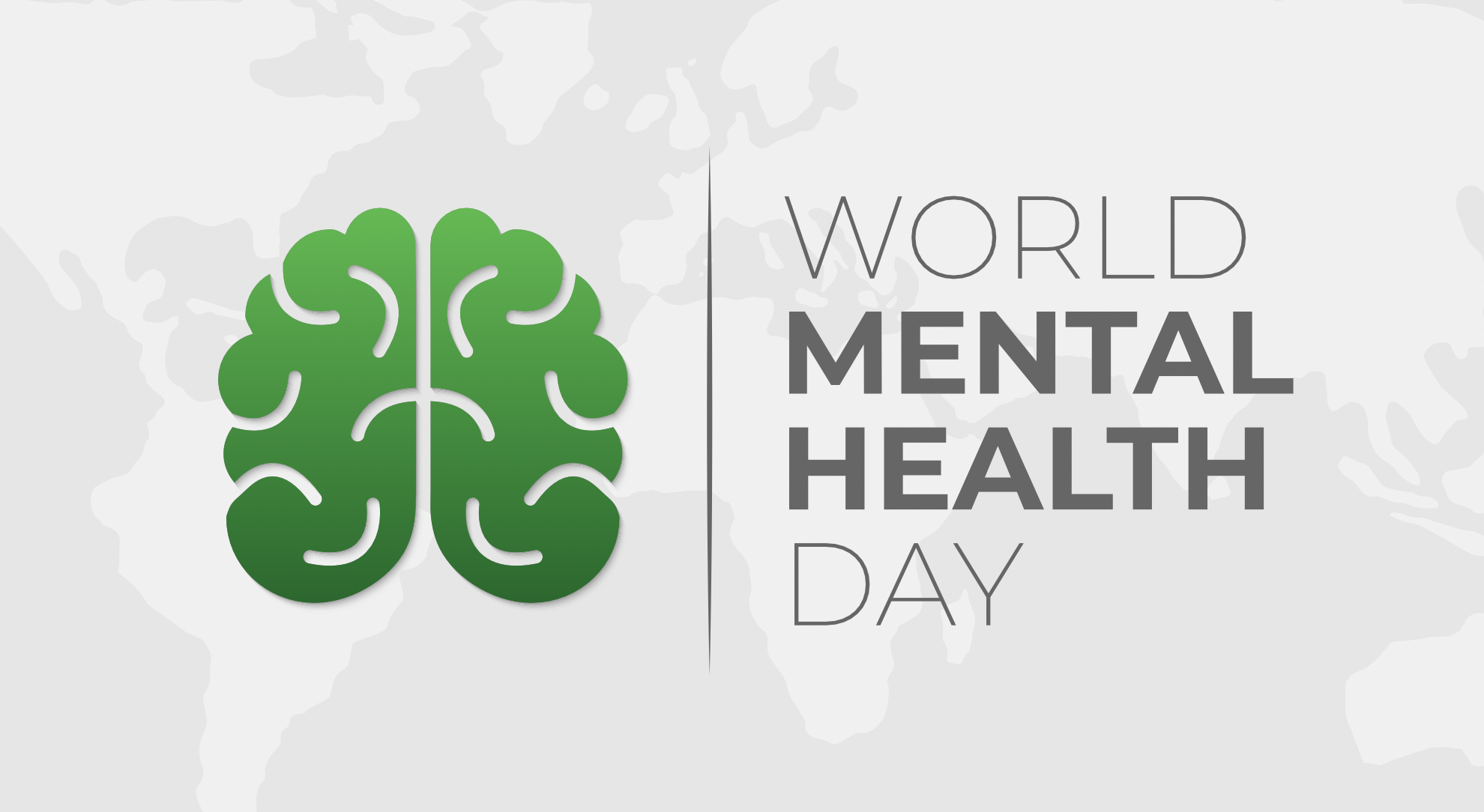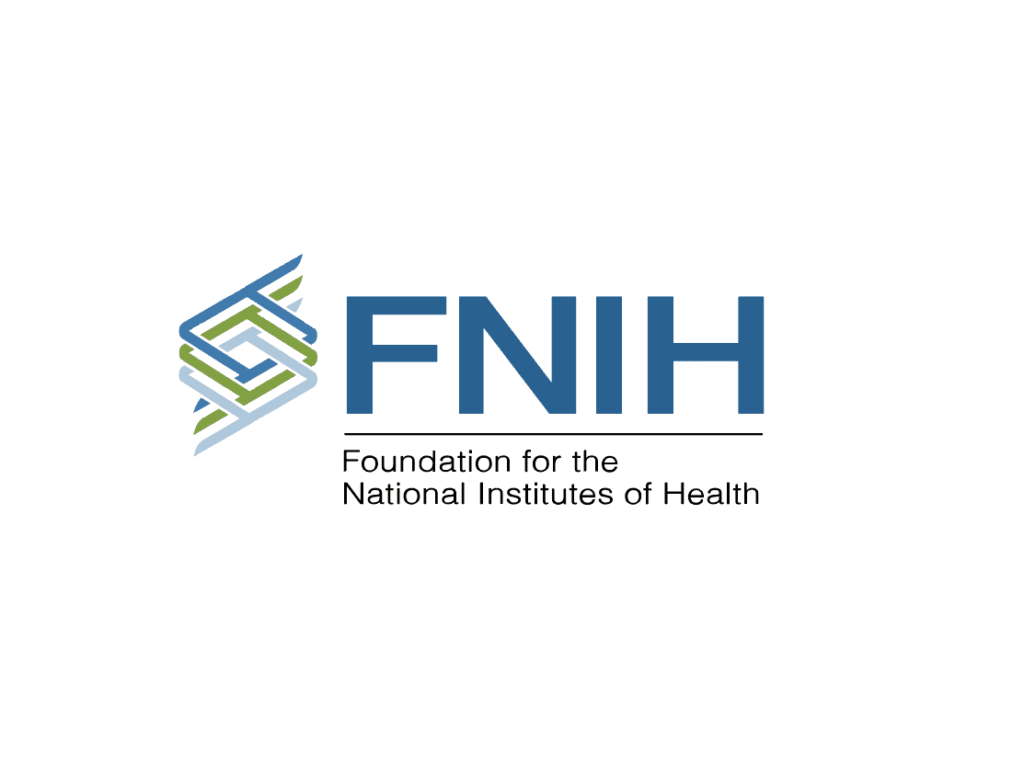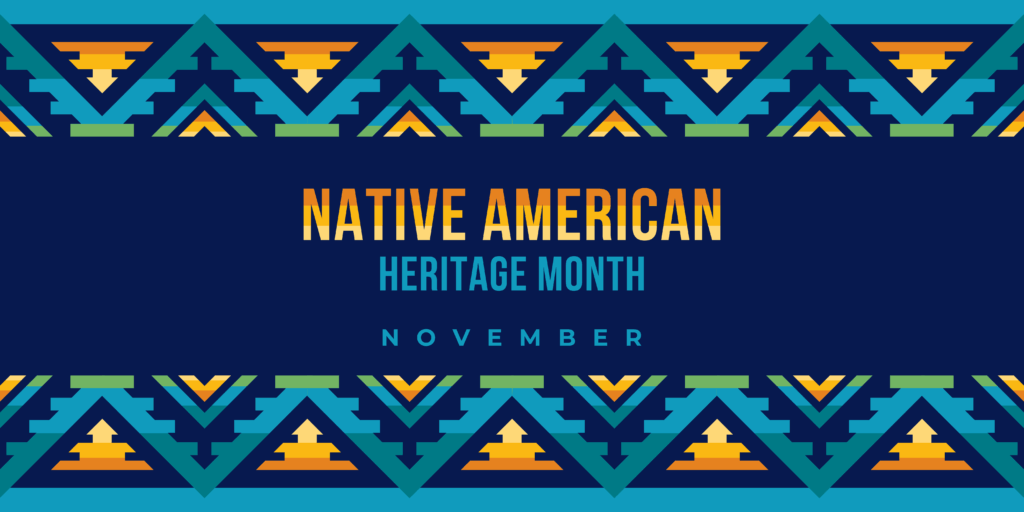

WORLD MENTAL HEALTH DAY
Allen Pinn, Coordinator, Policy
October 10th marks World Mental Health Day, a day recognized by the World Health Organization to raise awareness on mental health issues. To find out more about World Health Day and mental health resources click here.
Mental Health in America Today
The United States is facing a mental health and substance use disorder crisis. Prior to the COVID-19 pandemic, Americans were already having trouble maintaining mental wellness. In 2019, an estimated 50 million Americans struggled with a mental illness. With the onset of the COVID-19 pandemic, the number of people experiencing mental illness has increased substantially. According to the World Health Organization, globally, rates of anxiety and depression have risen by 25% since the start of the pandemic. In addition to this increase, in 2021, the Centers for Disease Control and Prevention (CDC) reported 107,000 Americans died of a drug overdose.
Mental illness has especially taken a toll on younger Americans. Before the pandemic, adolescents and young adults grappled with alarming rates of anxiety, depression, and suicide ideation. According to the CDC, 1 in 5 American children have a behavioral, mental, emotional, or developmental disorder. Exacerbated by the uncertainty of the COVID-19 pandemic, children and adolescents are experiencing higher rates of sadness and depression.
In 2022, 4 in 10 adults reported having symptoms of anxiety or depression during the pandemic. This staggering statistic also comes with an increase in alcohol and substance use. As Americans face job loss, isolation, and mental distress, policymakers have taken notice.
Mental Health Solutions
Both chambers of Congress have held multiple hearings on mitigating the mental health crisis. In June 2022, the House of Representatives in sweeping bipartisanship passed H.R. 7666, the Restoring Hope for Mental Health and Well-Being Act of 2022. The legislation that passed in a vote of 402–20, reauthorizes and modifies a plethora of grants and programs targeted at mitigating the mental health crisis including the National Suicide Prevention Lifeline program and the Substance Abuse Prevention and Treatment Block Grant.
Notably, the legislation expands substance use disorder recovery and treatment services to individuals struggling with opioid addiction. If the bill was signed into law, it would eliminate a requirement that individuals be addicted to opioids for at least one year before receiving substance abuse treatment.
Other strides have been made in mental health services. In July 2022, the new three-digit phone number – 988 – for the Suicide & Crisis Lifeline launched. Previously, individuals had to dial a 10-digit phone number to access mental crisis services. The code was created to give individuals experiencing a mental health crisis increased access to crisis services. Since its inception, the Substance Abuse and Mental Health Services Administration (SAMHSA) has reported a 45% increase in call/text/chat volume to the Suicide & Crisis Lifeline. Assistant Secretary of HHS, Dr. Miriam E. Delphin-Rittmon, has hailed this increased volume as a measure of progress and displays more individuals are seeking health services. The increase in Americans seeking mental health services, also displays a shift away from mental health stigma. Although progress has been made in recognizing the importance of treating mental health and substance use disorders, more can be done.
The National Health Council joined 14 other patient advocacy organizations in a letter to the Ways & Means Committee to voice support for multiple provisions under consideration by the committee to equip more Americans with mental health and substance use disorder treatments. Recommendations that the NHC and our colleague organizations highlighted include:
- Mitigating cost sharing as a barrier to health care/mental health services
- Requiring coverage of forensic medical exams with no cost sharing for victims of sexual assault in private insurance plans
- Requiring private health insurance plans to publicly disclose the number and percentage of behavioral health and substance use disorder providers and facilities that are in-network.
- Requiring the Departments of HHS, Treasury and Labor to establish a system of designations (such as “low”, “medium”, and “high”) to reflect the breadth of the plan’s behavioral health and substance use disorder provider network
Enactment of these recommendations will help millions of Americans struggling with a mental health and/or substance use issue. It is imperative Congress continues itswork in managing the ongoing mental health crisis. Mental health care is health care.
To read more about the NHC’s recommendations to the Ways & Means Committee, click here.


